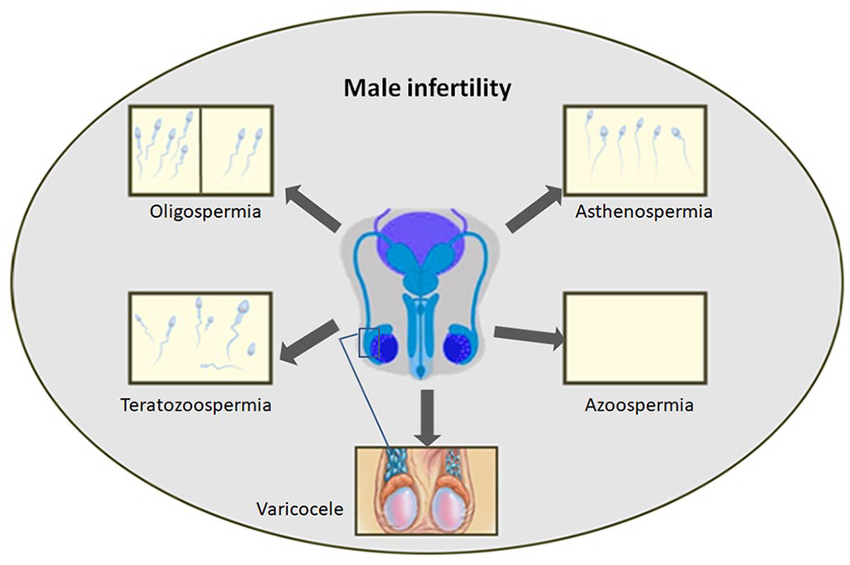Medications can effectively address various causes of male infertility, making them an important part of a comprehensive treatment plan tailored to individual needs. Certainly, here is a concise content on whether medication can treat male infertility, presented in points:
- Hormonal Treatments: Medications like clomiphene citrate and gonadotropins can correct hormonal imbalances and stimulate sperm production.
- Erectile and Ejaculatory Dysfunction: Sildenafil (Viagra) and tadalafil (Cialis) help manage erectile dysfunction, while alpha-blockers address ejaculatory issues.
- Infections: Antibiotics treat bacterial infections in the reproductive tract that may cause infertility.
- Anti-inflammatory Medications: NSAIDs reduce inflammation in conditions like epididymitis, improving sperm quality.
- Oxidative Stress Reduction: Antioxidants such as vitamin C, vitamin E, and coenzyme Q10 reduce oxidative stress that damages sperm.
- Thyroid Imbalance: Medications for hypothyroidism and hyperthyroidism regulate thyroid hormones, enhancing sperm production and quality.
- Diabetes Management: Glycemic control through medications like metformin and insulin improves sperm quality and reduces erectile dysfunction risks.
- Immunological Issues: Corticosteroids reduce the immune response against sperm in autoimmune-related infertility.
- Testosterone Management: hCG stimulates endogenous testosterone production without suppressing spermatogenesis.
- Lifestyle Medications: Drugs that aid in weight loss and metabolic health, like orlistat and metformin, enhance fertility by improving overall health.




.png)

Comments